Feline hypertrophic cardiomyopathy – Symptoms and treatment
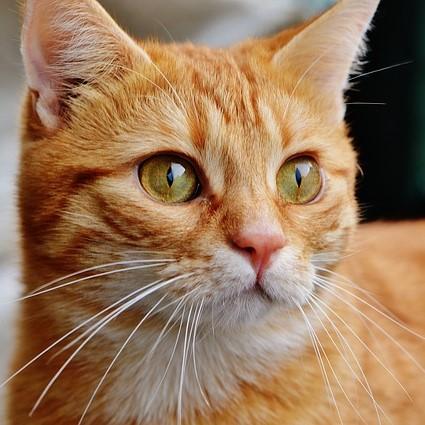
Cats are the perfect pets: affectionate, playful and fun. They brighten the day to day of a house and we take care of them with all our affection.
But do you know all the diseases your cat can suffer? In this article we will talk about the feline hypertrophic cardiomyopathy, a disease of the circulatory system that seriously affects our friends.
Here we will explain the symptoms and treatment of this disease, so you know what to expect in your veterinary visit or what will be the next step of treatment. Keep reading!
What is feline hypertrophic cardiomyopathy?
Is the most frequent heart disease in the cat and it is believed that it has a hereditary component. It causes a thickening of the myocardial mass of the left ventricle. As a consequence, the volume of the heart chamber and the volume of blood that the heart pumps is reduced.
Causes deficiencies in the circulatory system, preventing it from correctly pumping the heart. It can affect cats of any age although it is more common in elderly cats. The Persians are more prone to suffer from this disease. And in the statistics the males suffer more than the females.
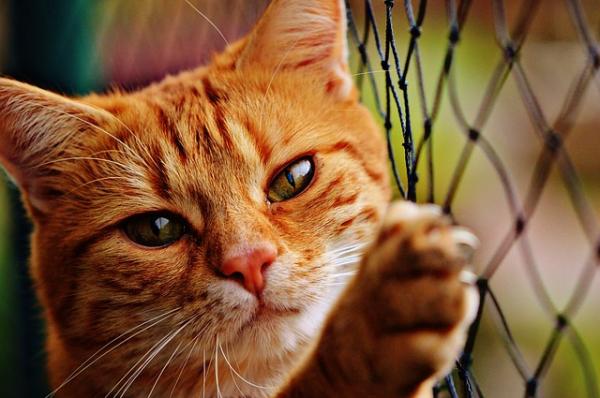
Thromboembolism
Thromboembolism is a frequent complication in cats with myocardial problems. It is produced by the formation of a clot that can cause different effects depending on where it is lodged. It is a consequence of poor circulation; which causes the blood to stagnate and form clots.
It is an important complication that can cause paralysis or flaccidity of limbs and it is very painful for the patient.
A cat with hypertrophic cardiomyopathy can suffer one or several episodes of thromboembolism during its life. They can cause the death of the animal since their cardiovascular system suffers a lot of stress.
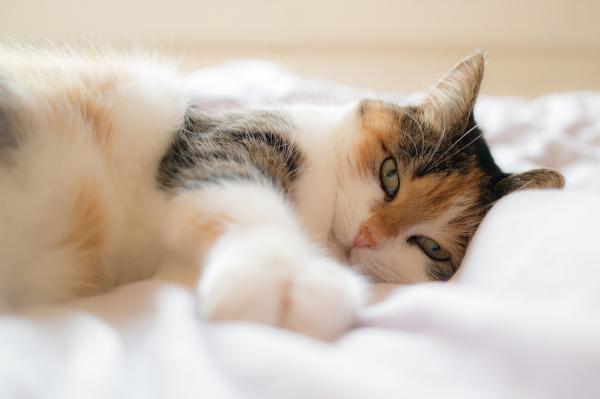
Symptoms of hypertrophic cardiomyopathy
The cat can present different symptoms depending on the progress of the disease and of his health status. The symptoms that can present are the following:
- Asymptomatic
- Apathetic
- Inactivity
- Lack of appetite
- Depression
- Difficulty breathing
- Open mouth
- Rigid paralysis
- Flaccidity of the hind limbs
- Sudden death
The most common picture in cats with this disease is dyspnea breathing with vomiting. If it is in the early stages of the disease, we may only notice our cat more apathetic than usual, not wanting to play or move and having difficulty breathing normally.
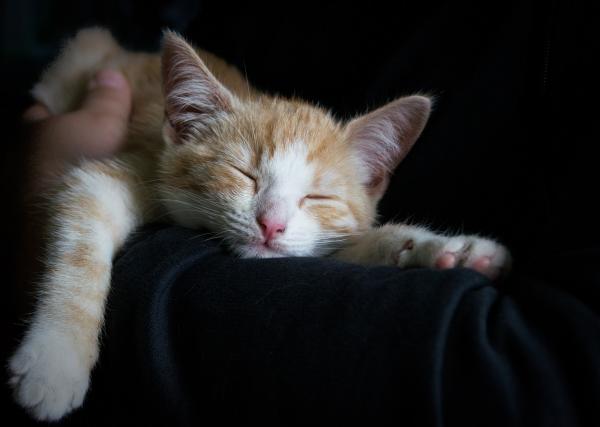
Diagnosis
As we have seen our cat can present different symptoms, reflecting different states of the disease. If the disease is detected before complications develop due to thromboembolism, the prognosis is favorable.
It is very important that the disease is diagnosed before subjecting the cat to other minor surgeries such as castration. Ignorance of the disease can cause major problems.
A routine review of an asymptomatic cat may not detect the disease, so it is important that from time to time you perform more complete tests.
La echocardiography It is the only diagnostic test for this pathology. The electrocardiogram does not detect this cardiac problem, although it can sometimes reflect arrhythmias related to the disease. Chest radiographs detect only advanced cases.
In any case, it is the most common cardiac pathology in cats, at any indication your veterinarian will perform the necessary diagnostic tests.
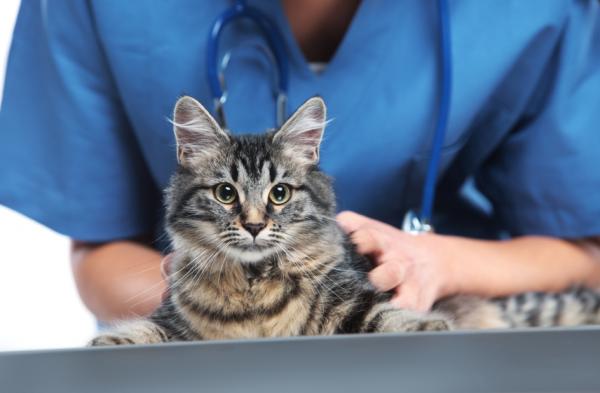
Treatment
The treatment varies according to the animal’s clinical status, age and other factors. Cardiomyopathies have no cure, we can only help our cat to live with the disease.
Your veterinarian will inform you of the right combination of medications for your cat. The most frequent medications used in cardiomyopathies are:
- Diuretics: To reduce the liquids of the lung and pleural space. In severe cases the extraction of liquid is done with a catheter.
- ACE inhibitors (Angiotensin converting enzyme inhibitors): Causes vasodilation. Reduce the load to the heart.
- Beta blockers: reduce the heart rate in moments with a too fast pace.
- Calcium channel blockers: Relax the heart muscle.
- Acetylsalicylic acid: very low and controlled doses are administered to reduce the risk of thromboembolism.
Regarding diet, we should not modify it in excess. It should only be low in salt, to avoid sodium retention, which would cause fluid retention.
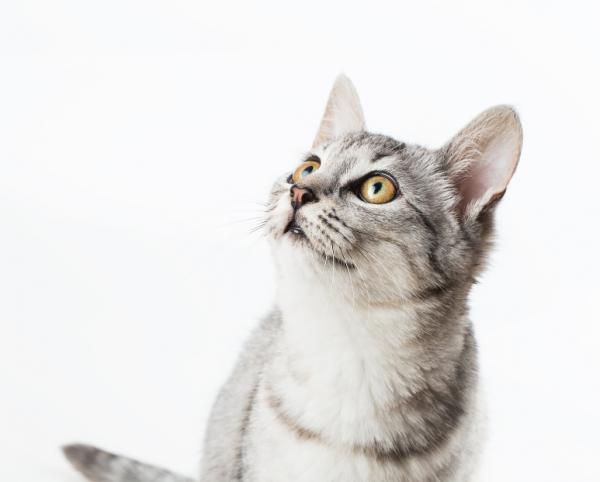
Dilated cardiomyopathy
It is the second most common cardiomyopathy in cats. It is caused by dilatation of the left ventricle or both and lack of force in the contraction. The heart can not expand normally. Dilated cardiomyopathy can be caused by a deficiency of taurine in the diet or for other causes that are not yet specified.
The symptoms are similar to those described above: anorexia, weakness, respiratory problems.
The prognosis of the disease is serious. If the disease is caused by insufficiency of taurine the cat can recover after the appropriate treatment. But if the disease is caused by other factors the life expectancy of our cat is approximately 15 days.
For this reason it is very important that you take care of your diet. Commercial feed usually contains the necessary taurine content for your cat. You should never give it dog food because it does not contain taurine and you could cause this disease.
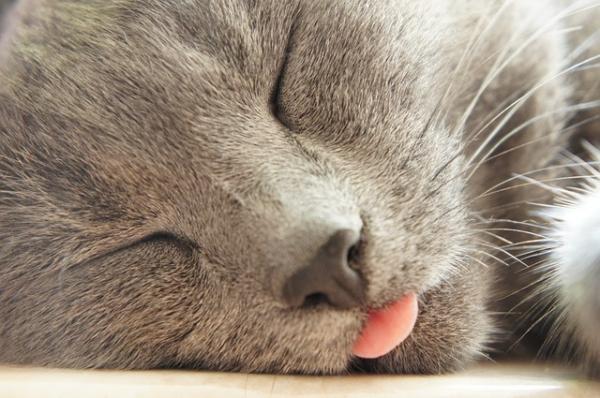
What else can I do?
If your cat has been diagnosed with feline hypertrophic cardiomyopathy or dilated cardiomyopathy, it is very important that you collaborate as much as possible with your veterinarian.
He or she will advise you of the most appropriate treatment for each case and the care you should seek. You must provide a environment without stress or frights, take care of your diet and be alert to possible episodes of thromboembolism.
Although prevention of these episodes is continued, there is always the risk that they will occur.
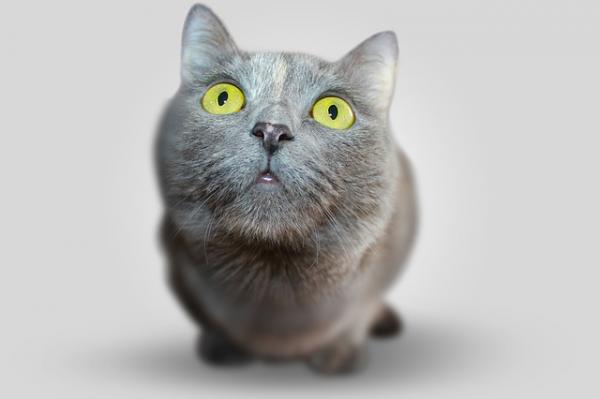
This article is merely informative, in .com we do not have the faculty to prescribe veterinary treatments or make any kind of diagnosis. We invite you to take your pet to the veterinarian in case of any type of condition or discomfort.
If you want to read more articles similar to Feline hypertrophic cardiomyopathy – Symptoms and treatment, we recommend that you enter in our section of hereditary diseases.
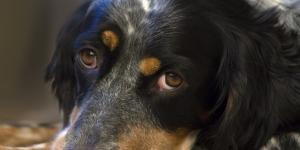
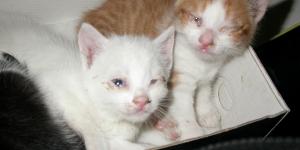
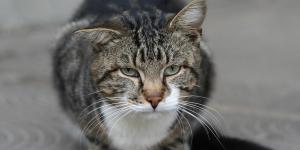
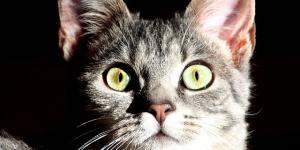
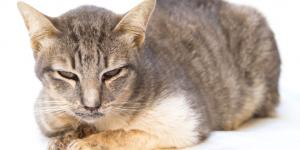
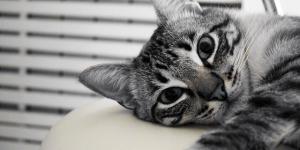
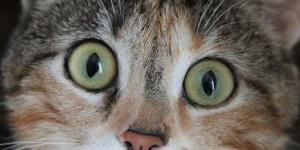
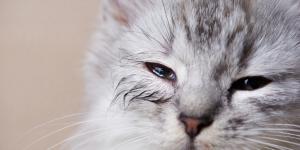
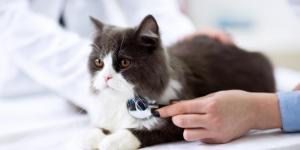
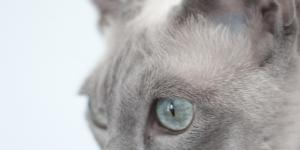
Hello Marta, it is very important that you follow all the advice prescribed by the veterinarian. If you have been advised to completely withdraw the prizes, it is best to pay attention to it. On the other hand, ask him what foods you could offer to make a homemade recipe. Only the specialist who takes your case and knows the clinical history can advise treatment guidelines.
Hello, I write because my chubby is with this disease. Tomorrow is one week hospitalized, he had heart failure with pulmonary edema and after an echocardiogram I confirmed the news. I tell you a little about the treatment and then my questions.
They managed to stabilize it with a diuretic (Furosemide) and oxygen, and apparently from what I have investigated has evolved favorably within its severity, unfortunately without oxygen it enters into crisis.
The good thing is that he drinks and drinks normally, he even looks good when he has oxygen. What veterinarians are looking for is to be able to pass Furosemide orally and counteract the effort of the heart with oral Atenol. If this treatment allows you to be without oxygen, you will be discharged.
The doubts that I have are regarding the life without stress that my cucho must take. He has not been castrated, his nails are not cut, and his exits are not controlled, but every night I call him between the 23: 00 and the 1: 00 so he comes to sleep (he shares our bed).
Does anyone know how to treat a cat with this disease and that it takes it well with treatment? how do I do it so that it does not shake, so that it does not run, so that it does not climb its favorite trees, so that it does not go with the neighbor’s cat, so that it does not rise to the ceiling, in short, how is it done so that a kitten with This disease leads a “normal” life.
I appreciate any experience and I leave a picture of the box in your hospital box


